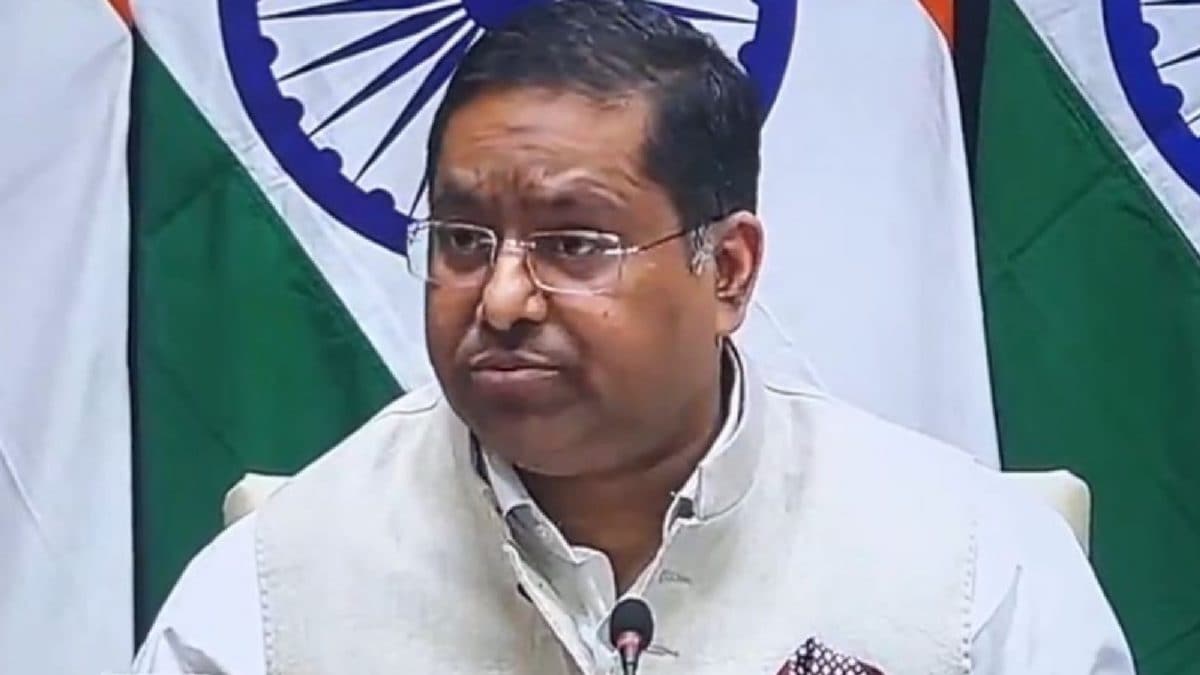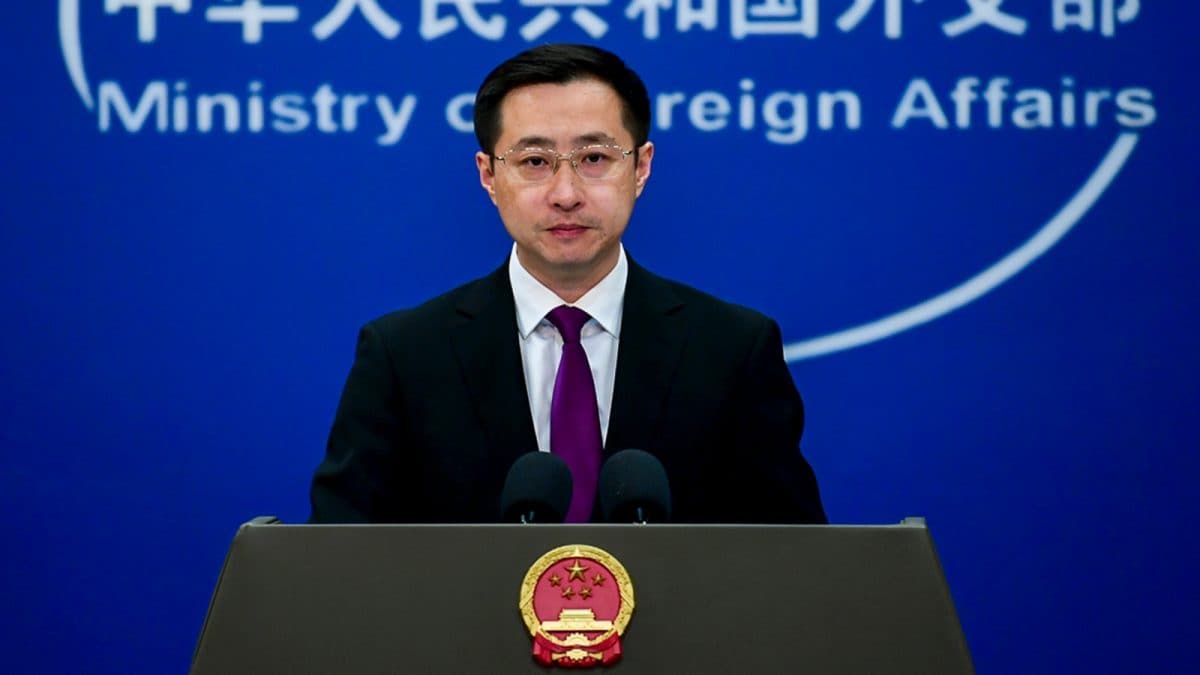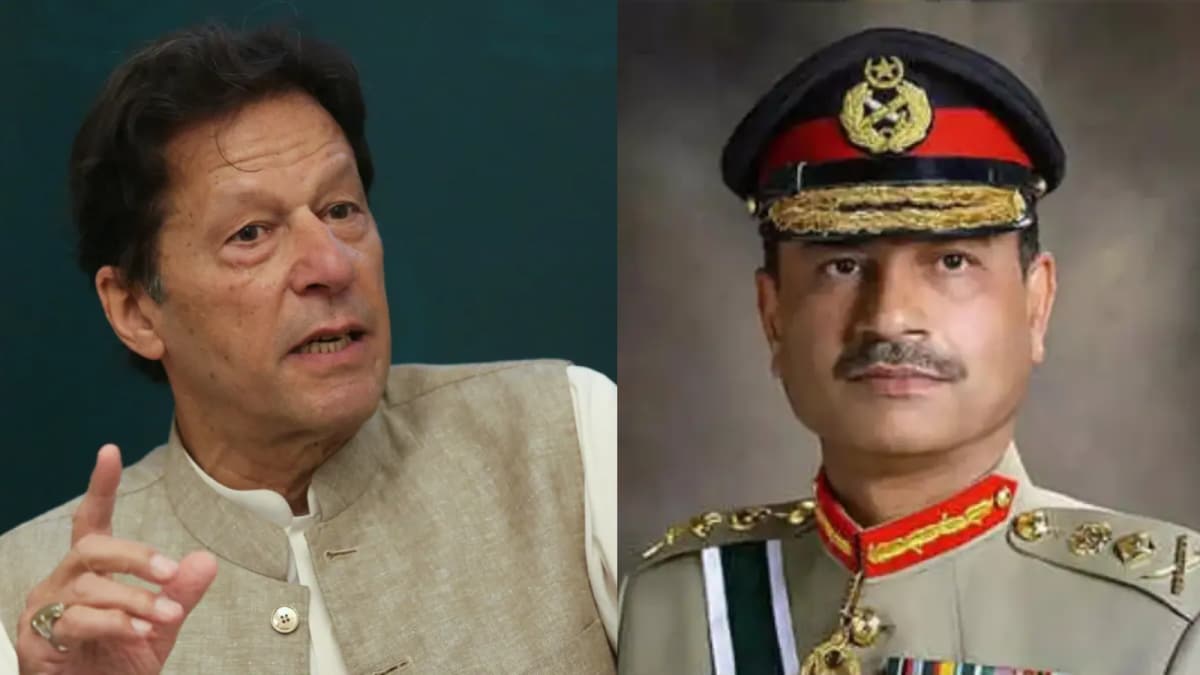As Islamabad grapples with a resurgence of cross-border attacks by the Tehreek-e-Taliban Pakistan (TTP), Beijing has assumed the role of mediator, urging both sides to reset their fractured relationship for the sake of regional stability.

The foreign ministers of China, Pakistan and Afghanistan met on May 21, 2025, in Beijing. (Photo:Ministry of Foreign Affairs, the People’s Republic of China)
In a quiet yet decisive move, China is emerging as the most influential external player working to de-escalate tensions between Pakistan and the Taliban-led government in Afghanistan.
As Islamabad grapples with a resurgence of cross-border attacks by the Tehreek-e-Taliban Pakistan (TTP), Beijing has assumed the role of mediator, urging both sides to reset their fractured relationship for the sake of regional stability.
China's diplomatic intervention
The turning point came during a recent trilateral meeting of foreign ministers from China, Pakistan and Afghanistan in Beijing. More than a diplomatic formality, the meeting helped revive stalled talks and catalyse a breakthrough in relations.
With vested interests in securing the China-Pakistan Economic Corridor (CPEC) and maintaining peace along its western borders, China used its influence to urge the Afghan Taliban to make tangible commitments to address Pakistan’s security concerns.
One of Beijing’s key successes was fostering an agreement for enhanced diplomatic engagement, marked by Pakistan appointing an ambassador to Kabul for the first time since the Taliban takeover in 2021.
More significantly, Chinese officials reportedly conveyed a firm message to the Afghan leadership: reining in anti-Pakistan militant groups is non-negotiable if Kabul seeks continued economic and diplomatic support.
Taliban's shift: From "Jihad" to "Fasaad"
In a rare and carefully worded public statement, senior Taliban commander Saeedullah Saeed issued a warning to militant factions in the region. He stated that any act of jihad carried out without the explicit authorisation of the Amir (supreme leader) is not only illegitimate but also constitutes fasaad (corruption) under Islamic law.
“Only the Amir of the state has the authority to declare jihad — not individuals or groups,” Saeed asserted, emphasising that unauthorized violence stems from ego or group loyalty rather than genuine faith.
Analysts interpret this as a direct rebuke to TTP fighters and similar groups operating from Afghan territory. It also subtly acknowledges Chinese concerns, as ongoing instability threatens Beijing’s multibillion-dollar investments in South and Central Asia.
Why China stepped in?
Securing CPEC & BRI: The $60 billion China-Pakistan Economic Corridor (CPEC), a flagship project under the Belt and Road Initiative (BRI), has repeatedly come under threat from militant violence. Stabilising Pakistan’s western border is key to protecting China’s economic stakes.
Buffer Zone Strategy: Sharing a narrow border with Afghanistan, China aims to prevent the spillover of extremist ideology into its restive Xinjiang region. A stable Afghanistan, supported by Pakistan, serves as a strategic buffer.
Diplomatic Leverage: With the U.S. and Western allies largely disengaged from Afghanistan, China sees an opportunity to fill the diplomatic vacuum and position itself as a regional stabiliser.
Strategic payoff for Pakistan
For Pakistan, China’s involvement is a diplomatic asset. It provides international legitimacy in its campaign against cross-border terrorism and heightens pressure on the Taliban to crack down on TTP sanctuaries. The Taliban’s recent statements and willingness to re-engage diplomatically suggest that this pressure is beginning to yield results.
Islamabad now hopes to translate these developments into concrete security outcomes — including a measurable decline in militant attacks and enhanced intelligence cooperation from Kabul.
Published By:
Shipra Parashar
Published On:
May 31, 2025
Tune In

 1 month ago
1 month ago


















